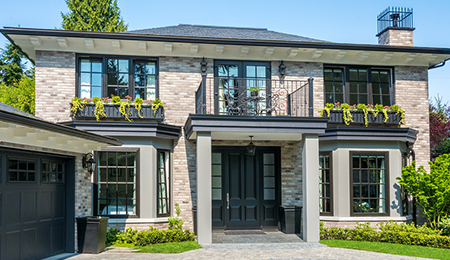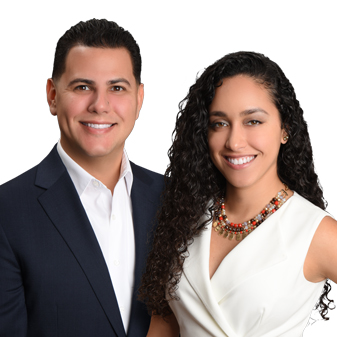We’re sharing four ways to buy a second home when you already own one.
Can you buy a house while you already own one? The quick answer is yes. However, the qualifications are different depending on whether you’re buying a second house for your personal enjoyment or as an investment property; banks look at the two scenarios differently. Here are four ways to buy a second house:
1. Buy another home and sell your current one. If you intend to buy one house and sell another, you first need to call your real estate agent. They’ll show you what your house could potentially sell for and help you prepare for the process. Next, call your lender, tell them you intend to sell, that you’ve spoken with an agent, and that you want to get pre-approved with the condition that your current home sells.
2. Do a cash-out refinance. If you have untapped equity in your home, you can refinance your property for a higher amount and take the difference in cash. You can use the cash as a down payment for the next property, or if you have enough equity, you can buy the house outright with cash. Borrowers with good enough credit can borrow up to 80% of their home’s value.
“Before you get started on any of this, make sure to contact your accountant or financial planner.”
3. Use a home equity line of credit (HELOC). This option keeps your present mortgage in place and taps into your equity with a secondary loan and different terms. You can use the HELOC as a down payment for your second home, or if you have enough equity, you can buy it with cash. A HELOC has a floating rate, which is attached to the prime rate, so you can potentially get a lower rate than your primary loan. You may also be able to tap into 100% of your available equity.
4. Use a conventional loan. This is the most straightforward method of buying a second property. If you’re buying a secondary or vacation home, you’ll need about 10% to 20% down; if you’re buying an investment property, you’ll need 15% to 20%. Banks will expect you to have assets in reserve to cover expenses. If you’re a W-2 employee, they’ll likely want to see two months of expenses in reserves. If you’re an independent contractor or self-employed, they’ll probably want to see at least six months of assets in reserves.
Before you get started on any of this, make sure to contact your accountant or financial planner to see which option works best for you. If you already own a home, you can buy another house to move into, a vacation home, or an investment property. You just have to go about it the right way.
If you have any questions or need real estate help, give us a call or send an email. We would love to help you.



